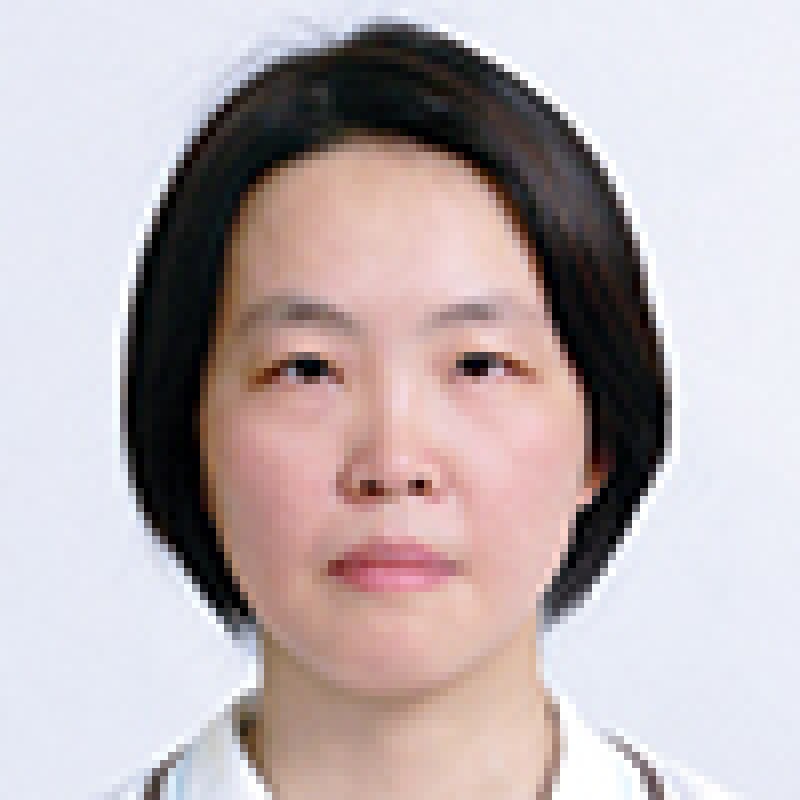Starting July 1 2016, the date on which the revised Enforcement Rules of Taiwan's Patent Law were implemented, applicants filing patent applications in Taiwan are given greater flexibility in the submission of certified priority documents.
According to Taiwan's Patent Law, when claiming priority, an applicant shall submit within 16 months from the earliest priority date a certified copy of the corresponding foreign patent application issued by the foreign IP office receiving the corresponding application. In addition, Article 26.1 of the pre-revised Enforcement Rules of the Patent Law mandated: "The priority document required of a patent application should be original."
In practice, in the event that an applicant had submitted a photocopied priority document as a stop-gap measure to meet a statutory deadline, Taiwan's IP Office would designate a two-month time limit within which to submit the original document matching the photocopy filed earlier. Any further late submission would result in forfeiture of the priority claim.
Prior to July 1 2016, Taiwan's IP Office took a rather strict approach when it came to determining whether the original document filed during the two-month grace period is exactly the same as the photocopy filed earlier. This has led to some undesirable situations where applicants lost their priority claims simply because the original priority documents and the photocopied priority documents submitted in a row carry different issuing dates, irrespective of the fact that the contents disclosed in the two documents are exactly the same.
As a consequence of the revision of the Enforcement Rules, an electronic copy of a certified priority document shall be acceptable if accompanied by the applicant's declaration that the copy is genuine. On this score, in addition to an original of a certified priority document, the priority document now acceptable to the IP Office also includes: (1) a certified priority document on a CD provided by the IP office of a foreign country; (2) an electronic copy of a certified priority document downloaded from the official website of the IP office of a foreign country; or (3) a scanned copy of the original certified priority document issued by the IP office of a foreign country.

|
Fiona CC Yin |
Saint Island International Patent & Law Offices7th Floor, No. 248, Section 3Nanking East RoadTaipei 105-45, Taiwan, ROCTel: +886 2 2775 1823Fax: +886 2 2731 6377siiplo@mail.saint-island.com.twwww.saint-island.com.tw










